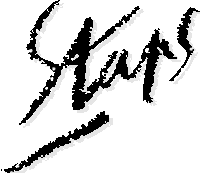Gaelic games and the Irish Diaspora: Linked identities
In Ireland, Gaelic football and hurling are the two most popular team sports, ahead of soccer and rugby. Both are placed under the auspices of the Gaelic Athletic Association (GAA), which was created in 1884 as a means of countering British cultural imperialism. As these sports represent an expression of imagined Irishness, Gaelic games are played almost exclusively in Ireland, as well as in a few countries with a strong Irish diaspora, especially in the United States, Great Britain, and continental Europe. For those Irish men and women who were driven out of the country and across the Atlantic by the famine, playing Gaelic games still is, to some extent, a means of settling in, as well as forging an identity and making a political statement. However, in Great Britain, where the traditional Gaelic sports scene is being overshadowed by its university counterpart, the weight of Ireland’s fight for independence, as well as the conservatism conveyed by the GAA, have largely disappeared. This development derives from the economic, social, and ideological revolution that Ireland has gone through over the last twenty to thirty years. This might be the reason why Gaelic games are being played by an ever-growing number of cousins in Brittany and Galicia and are spreading across Europe.
Keywords
- Ireland
- sport
- GAA
- diaspora
- identity
